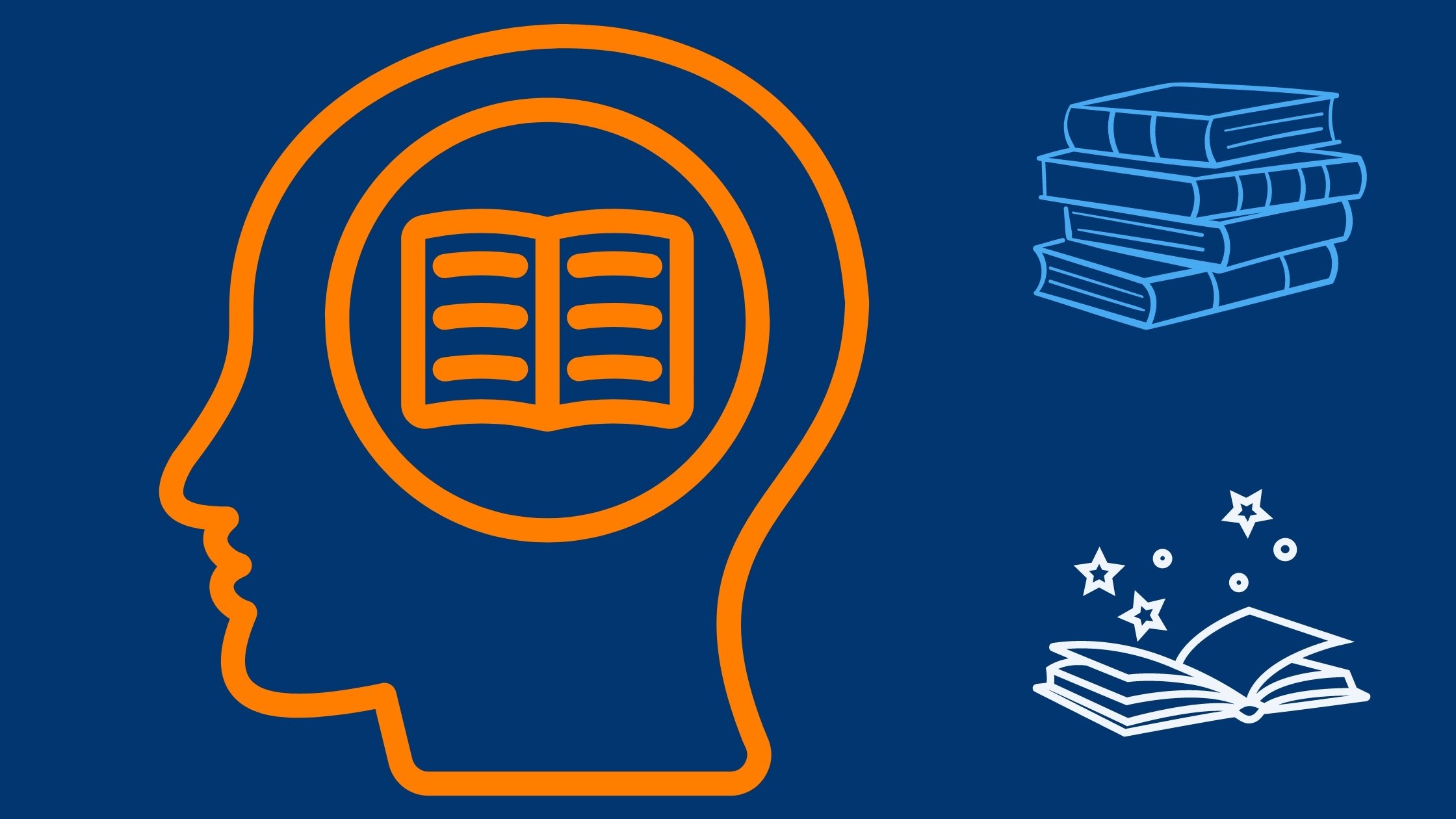In our current world, where most people think AI is writing everything, how do you prove your words are your own?
The Debate Over AI and Authenticity
There are a lot of discussions (some heated) going on across the many platforms I follow about authenticity, writing, and AI tools.
In one of the conversations I got sucked into recently, someone criticized the use of Grammarly.
“Be impeccable with your word.” - Don Miguel Ruiz
I strongly believe in being authentic, but I also recognize that sometimes we need assistive devices to get us to the finish line.
As an avid user of Grammarly, I wanted to share how someone can use it to actually prove what they wrote is their own and not AI-generated.
Why I Use Grammarly (and Love It)
If you aren’t familiar with Grammarly, it is an AI-powered tool that acts as a writing assistant and editor to help you check for grammar, punctuation, spelling, etc. Think of the auto-correct in Word, but with more features.
I have been using Grammarly for a while now (as previously mentioned in a few blog posts) because of a symptom I have related to migraine called transient expressive aphasia - basically a long way of saying that I know the words I want to say or write, but have trouble getting them out correctly. Sometimes I can write things that in my mind seem totally normal but comes out as complete gibberish - and even re-reading it, it still looks correct to me.
[Conway Twitty cutaway complete
(bonus points if you know what this is from
{also, how many nested brackets can I get away with
}
)
]
Enter Grammarly Authorship
The tool to prove you wrote the stuff you said you wrote? Grammarly Authorship.
In their words: “Prove where your words come from by recording what you type and which sources you use. You choose how to share your information.”
It looks like a little fingerprint at the bottom of a new Google Doc:
Proving Your Words Are Yours
When you click on it, you can turn it on or off:
Once you have written for a bit, you can click on “See report” to see the details and share it if someone questions you. In the example below, I had it turned off in the beginning, so it couldn’t tell if it was human or copied, hence the “origin unknown”. Once I turned it on it recognized what I wrote as “typed by a human” (proof I’m a real person!):
When you click on “Share Report” a pop up box shows up where you can change the setting to allow the report to be visible to anyone who has the link you share:
If you click on “Check for AI & plagiarism,” it will run a report:
So, if you have a boss or a professor who needs the reassurance that you are a real human who wrote the stuff all by yourself, this is an easy way to do it with the use of Grammarly and Google Docs.
It even has a function to “replay your process” for that overly anal, untrusting person who needs to see your writing in real-time (you can view a demo on their site). (If you do work for a person like this, run, now).
The Catch
To my knowledge, this feature only works within Google Docs at the moment. No clue if they will expand this to other software, but it is a start.
Ponder This
- Do you feel the pressure to “prove” your words are truly yours?
- Would Grammarly Authorship give you peace of mind, or just add another layer of Big Brother?
Books/Newsletters
- The Four Agreements - Don Miguel Ruiz


Comments